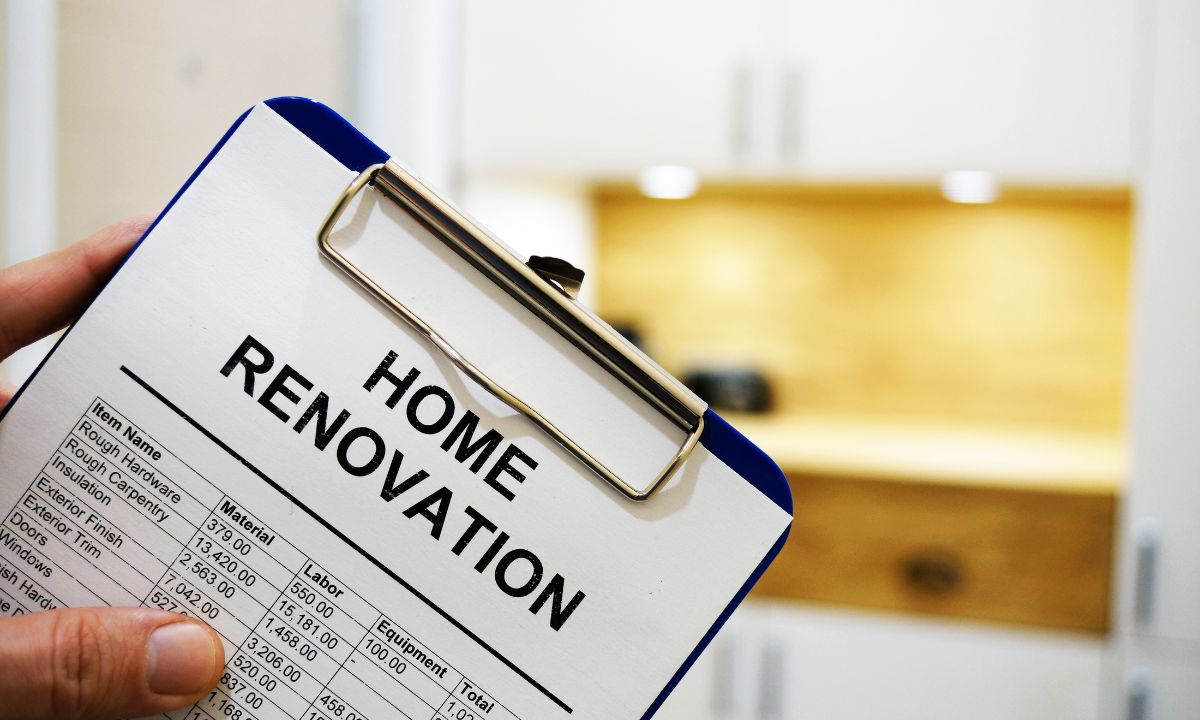 As a seasoned real estate agent, I’ve journeyed alongside numerous families as they embark on the adventure of finding their dream homes. However, beyond the excitement of securing that perfect abode lies a crucial step often overlooked: home insurance.
As a seasoned real estate agent, I’ve journeyed alongside numerous families as they embark on the adventure of finding their dream homes. However, beyond the excitement of securing that perfect abode lies a crucial step often overlooked: home insurance.
Home insurance isn’t just a formality; it’s a shield against the unexpected, a safety net for your most cherished investment. Today, let’s discuss the diverse landscape of home insurance coverage to ensure your haven remains protected come what may.
1. Dwelling Coverage: Guarding Your Structure
At the heart of your home insurance policy lies dwelling coverage, safeguarding your physical structure against a myriad of perils, including fire, windstorms, and vandalism. When selecting dwelling coverage, ensure your policy accounts for the full cost of rebuilding your home in the event of a total loss. Remember, the market value of your home may differ significantly from the actual cost of reconstruction.
2. Personal Property Coverage: Shielding Your Belongings
Beyond the bricks and mortar, your home cradles a treasure trove of personal belongings, each holding sentimental and monetary value. Personal property coverage steps in to protect your possessions from theft, damage, or loss, both within your home and beyond its confines. From electronics to heirlooms, it’s essential to conduct a thorough inventory and assess the value of your belongings to determine adequate coverage limits.
3. Liability Protection: Fortifying Your Financial Security
Accidents happen, and liability protection shields you from the financial fallout of unexpected mishaps on your property. Whether a guest sustains an injury or your furry friend causes unintended damage, liability coverage steps in to cover legal fees, medical expenses, and potential settlements. Remember, liability limits should align with your financial assets to prevent exposure to undue risk.
4. Additional Living Expenses: Preserving Your Peace of Mind
In the wake of a disaster, the upheaval extends beyond physical damage to your home. Additional living expenses coverage ensures you and your family have a roof over your heads while your home undergoes repairs. From temporary accommodations to dining out, this coverage reimburses the costs incurred to maintain your standard of living during the restoration process.
5. Specialized Coverage: Tailoring Protection to Your Needs
Beyond the foundational coverage options, homeowners have the opportunity to customize their policies with specialized endorsements and riders. From flood insurance to earthquake coverage, these additions address specific risks often excluded from standard policies. Evaluate your geographical location and environmental hazards to determine the necessity of specialized coverage options for comprehensive protection.
As you embark on your homeownership journey, remember that home insurance isn’t a one-size-fits-all solution. It’s a personalized shield crafted to safeguard your unique needs, assets, and aspirations. Consult with your insurance agent to assess your risks, explore coverage options, and construct a policy that fortifies your peace of mind.
 In the realm of real estate, the dream of homeownership often feels like a distant horizon for many individuals and families. Skyrocketing property prices, coupled with stagnant wages, have created significant barriers to entry into the housing market. However, amidst these challenges, there is a glimmer of hope in the form of affordable housing initiatives. These strategies aim to break down the financial barriers and make homeownership accessible to a wider range of people. In this blog post, we’ll explore some innovative approaches that are reshaping the landscape of affordable housing.
In the realm of real estate, the dream of homeownership often feels like a distant horizon for many individuals and families. Skyrocketing property prices, coupled with stagnant wages, have created significant barriers to entry into the housing market. However, amidst these challenges, there is a glimmer of hope in the form of affordable housing initiatives. These strategies aim to break down the financial barriers and make homeownership accessible to a wider range of people. In this blog post, we’ll explore some innovative approaches that are reshaping the landscape of affordable housing. As with most everything, timing is often key to unlocking substantial savings, especially when it comes to refinancing your loans. Whether you’re eyeing a lower interest rate, aiming to shorten your loan term, or simply seeking to tap into equity, strategic timing can significantly impact your financial outcomes. It is vital for a loan originator to empower the borrower with the knowledge of when to refinance.
As with most everything, timing is often key to unlocking substantial savings, especially when it comes to refinancing your loans. Whether you’re eyeing a lower interest rate, aiming to shorten your loan term, or simply seeking to tap into equity, strategic timing can significantly impact your financial outcomes. It is vital for a loan originator to empower the borrower with the knowledge of when to refinance. If you’re like many of us, your furry friends aren’t just pets; they’re beloved members of the family. As you embark on the journey of finding your dream home, it’s essential to consider their needs alongside yours. From spacious yards to pet-friendly communities, here’s a guide to finding the perfect home for both you and your four-legged companion.
If you’re like many of us, your furry friends aren’t just pets; they’re beloved members of the family. As you embark on the journey of finding your dream home, it’s essential to consider their needs alongside yours. From spacious yards to pet-friendly communities, here’s a guide to finding the perfect home for both you and your four-legged companion. Undertaking home renovations can be an exciting endeavor, whether you’re looking to enhance your living space, increase property value, or simply modernize your home. However, financing these projects can often pose a significant challenge. While personal loans and refinancing are popular options for funding renovations, it’s important to weigh the advantages and disadvantages before deciding.
Undertaking home renovations can be an exciting endeavor, whether you’re looking to enhance your living space, increase property value, or simply modernize your home. However, financing these projects can often pose a significant challenge. While personal loans and refinancing are popular options for funding renovations, it’s important to weigh the advantages and disadvantages before deciding. When it comes to buying real estate, stepping into your dream home isn’t just a matter of physical visits anymore. Thanks to the innovative integration of virtual reality (VR) technology, prospective buyers and curious renters can now explore properties from the comfort of their own spaces. This revolutionary shift not only transforms the way we house-hunt but also reshapes our perceptions of what the future holds in real estate.
When it comes to buying real estate, stepping into your dream home isn’t just a matter of physical visits anymore. Thanks to the innovative integration of virtual reality (VR) technology, prospective buyers and curious renters can now explore properties from the comfort of their own spaces. This revolutionary shift not only transforms the way we house-hunt but also reshapes our perceptions of what the future holds in real estate.